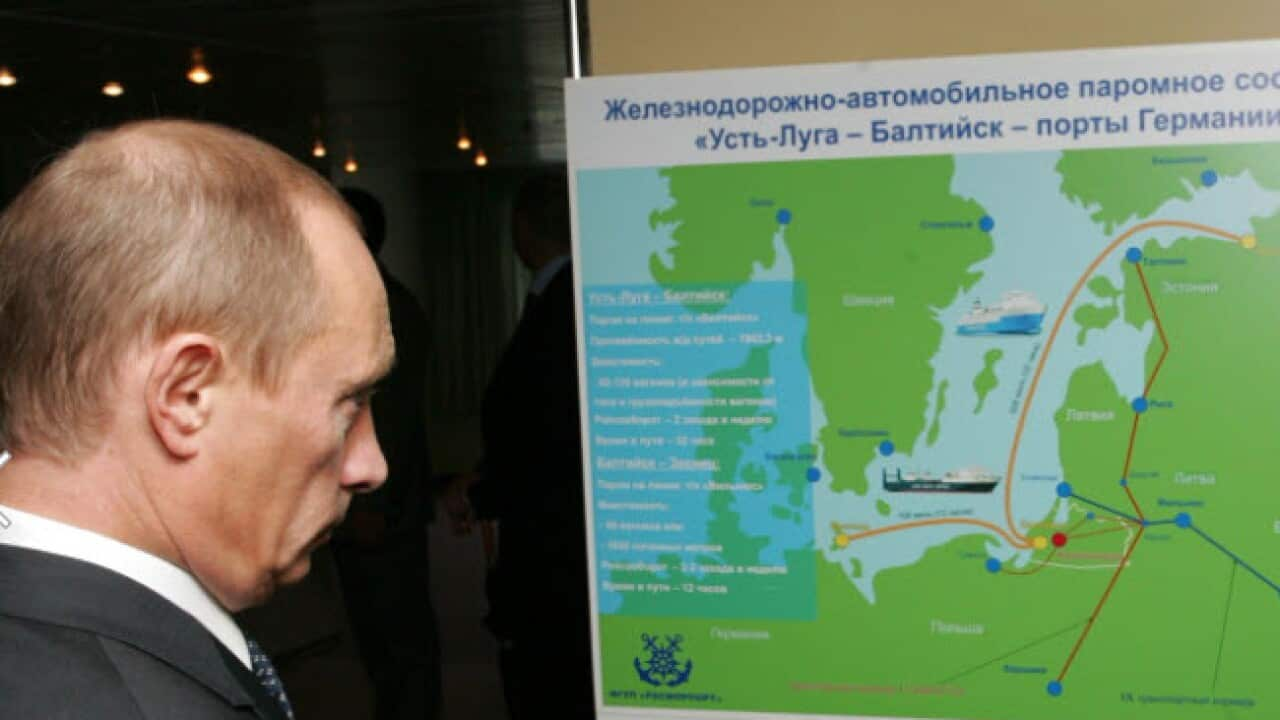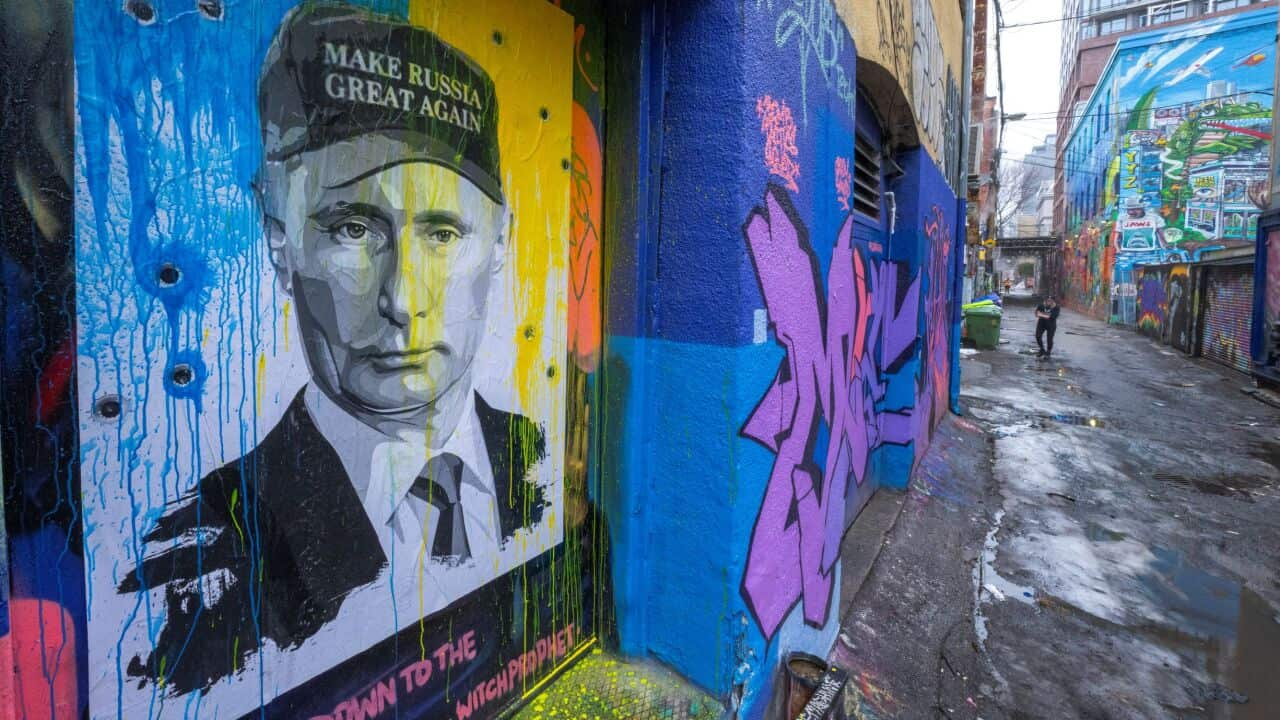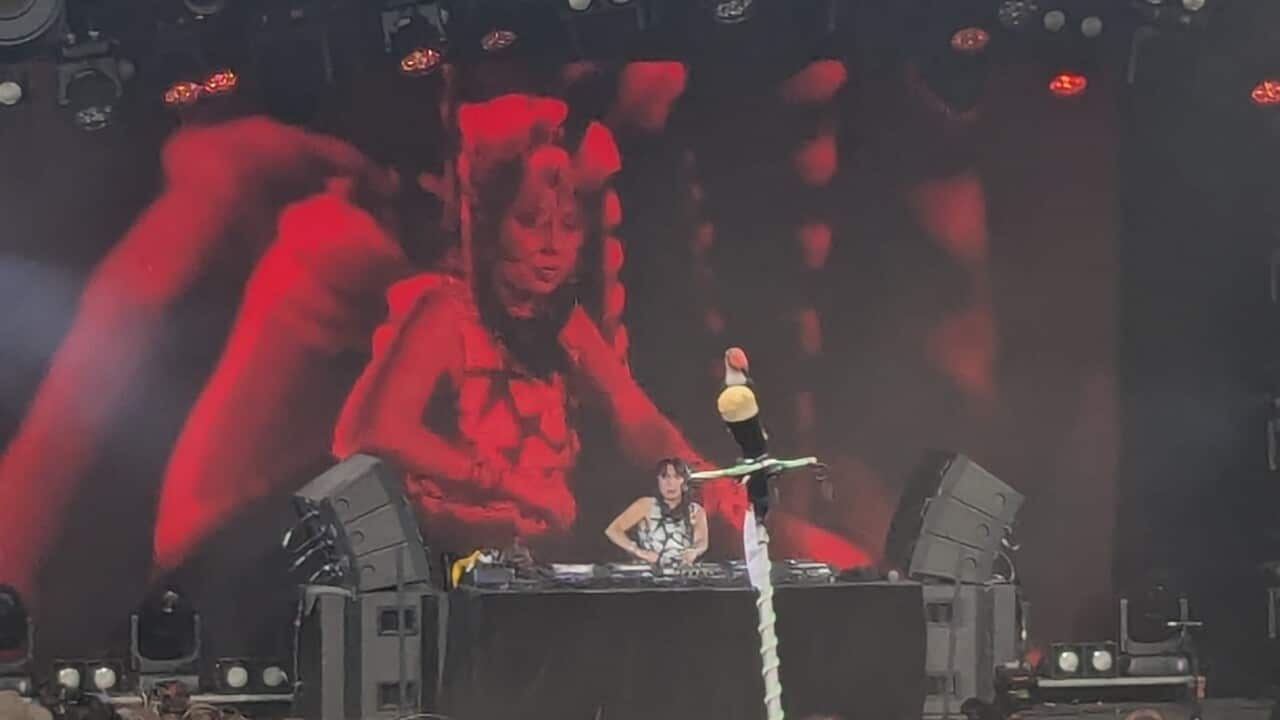From 1946 until today on the map of Europe between Poland and Lithuania, there is the Russian protectorate of Kaliningrad. Facing the Baltic Sea and opposite Sweden, Kaliningrad is home to the Russian Navy's Baltic Fleet and is one of Russia's largest industrial centers.
However, Kaliningrad, while bordering NATO and European Union territories, is geographically completely isolated from the rest of Russia. The two areas have no borders with each other and their nearest points are about 600 km away. To transport anything by road or train between Kaliningrad and Russia, it must pass mainly through Lithuania. A member state of both NATO and the European Union, Lithuania has banned the transport of certain goods by rail to Russian territory in Kaliningrad. Senior Russian security official Nikolai Patrushev denounces the move as "hostile", says it violates existing written agreements and threatens to have "serious consequences" with a negative impact on the people of Lithuania. Many analysts believe that the threat even concerns the use of nuclear weapons.
Senior Russian security official Nikolai Patrushev denounces the move as "hostile", says it violates existing written agreements and threatens to have "serious consequences" with a negative impact on the people of Lithuania. Many analysts believe that the threat even concerns the use of nuclear weapons.

Source: Wikimedia Maps
"This example shows that you can not trust either the oral statements of the West or the written ones. Russia will certainly respond to such hostile actions. Appropriate measures are being drawn up between the departments and will be taken. Their consequences will have a serious, negative impact to the population of Lithuania. "
For her part, Lithuanian Prime Minister Ingrida Simonyte argued that Lithuania is simply applying the sanctions agreed upon by EU member states. When the Russian Foreign Ministry summoned the EU ambassador to Moscow, Markus Enterer, to formally protest, Mr. Enterer denied that a blockade had been imposed and urged Russia to show restraint and not escalate the matters.
"I had the opportunity to make the EU position that there is no such thing as a banning of transit. There is no such thing as a blockade. I appealed to the Russian side to remain cool-headed, not to escalate."
Meanwhile, European leaders at the Council meeting in Brussels tomorrow, 23 and 24 June, are expected to approve the European Commission's recommendation to start Ukraine's accession as a candidate country for the European Union.
Russia's Foreign Minister Sergey Lavrov says the European Union is turning "a blind eye to all of its criteria", as it considers Ukraine's bid to join the bloc.
"I don't know if Ukraine will be given this roadmap to prepare for (EU) membership. This will mean only one thing, that the European Union is once again ready to turn a blind eye to all of its criteria that have always existed for candidates and is ready to be guided solely by geopolitical considerations."
Respectively, at the end of June, the NATO summit will consider its own enlargement with the accession requests of Sweden and Finland, but also the conditions set by Turkey to accept the 2 countries as members of the North Atlantic Alliance.
According to NATO Secretary-General Jens Stoltenberg, Sweden has taken important steps to meet Turkey's demands, such as changing the anti-terrorism law and the legal framework for arms exports.
"I welcome the fact that Sweden has begun to change its anti-terrorism legislation and that Sweden will ensure that the legal framework for arms exports reflects their future status as a NATO member with new commitments to the Allies. These are two important steps, to address the concerns raised by Turkey. "
Meanwhile, US President Joe Biden says he is unlikely to visit Ukraine when he travels to Europe later this month for a NATO summit, so as not to cause bigger problems for Ukrainians. He explained why?
"A lot of things relating to whether or not it causes more difficulty for Ukrainians. Whether it distracts from what's going on. But I've been meeting with Zelenskyy and I've talked with him almost or at least three or four times a week".
Mr Biden also said he believes Ukraine is "very likely" to join the European Union.
Finally, Dmitry Muratov, the co-winner of the 2021 Nobel Peace Prize and the publisher of one of Russia's last major independent newspapers, auctioned his Nobel Prize for a record $ 149 million Australian dollars, announcing that he would raise revenue for the support of Ukraine.
"I think it's important to me because I'm a Russian citizen and Russia has invaded Ukraine and I feel responsible for what my country and my people are doing. I'm sure many Russians, like me, want to do something. We are trying to do something. "
This podcast is available in Greek.
ΔΙΑΒΑΣΤΕ ΚΑΙ ΑΚΟΥΣΤΕ ΑΚΟΜΑ

Stiller to Zelenskyy: "You are my hero!"





